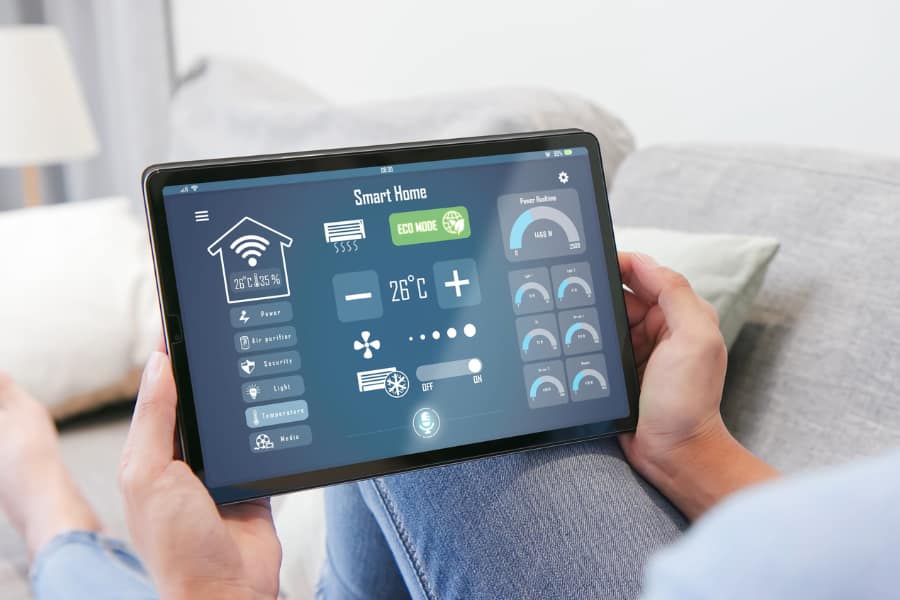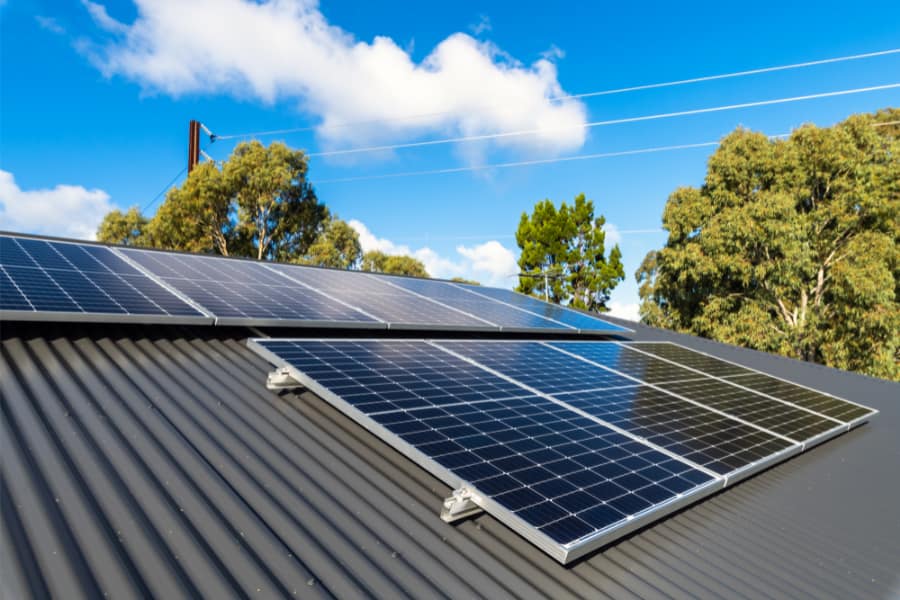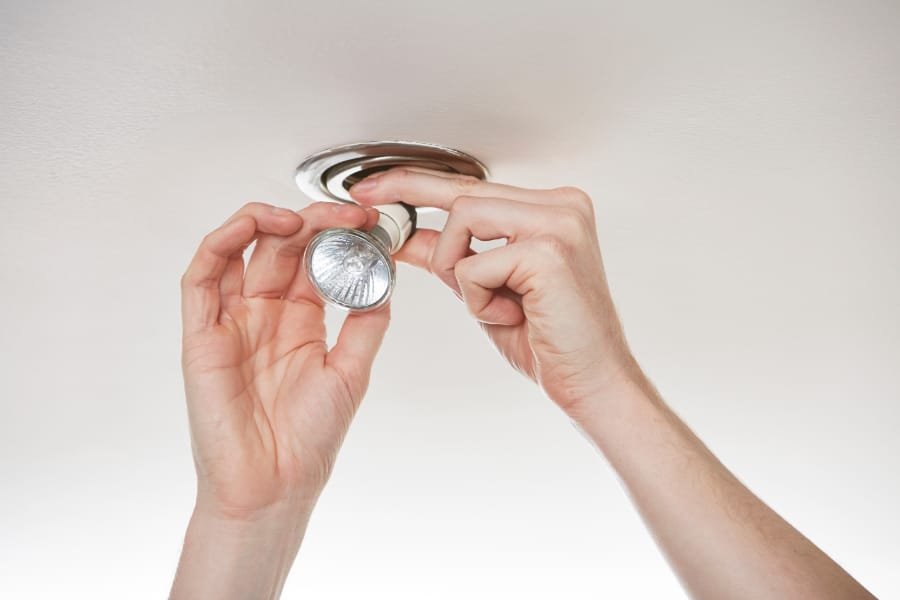Ways to Make Home More Energy Efficient 2025

It has been 15 years since homeowners incorporated the concept of energy-efficient homes. You will no longer find home seekers compromising on sustainable homes. If you want to sell your home fast, you need energy-efficient features.
I recently advised a client to buy a more expensive home in Philadelphia because the sellers had invested in best practices to promote sustainability in the property. My client was surprised, but I emphasized that “This is a long-term investment. You will see the benefits of this circular economy in 10 years”.
There are two primary ways to improve energy efficiency in a home. You can take the necessary steps on your own and save money on your electricity bills, conserve energy, and protect the environment, or you can take advantage of various local government arrangements in the US that help residents improve the efficiency and comfort of their homes.
I have jotted down my favorite ways to make a home more energy efficient, and I thought of sharing them with you.
1. Complete a Home Energy Audit
Residential consumers can perform DIY energy audits or hire a professional to do the work. If you have the time in your schedule, Home Energy Saver offers an audit tool useful for conducting DIY (do-it-yourself) audits. Completing an energy audit on your property involves assessing the current energy usage.
An energy audit will include:
- Inspecting the attic and doors for leakages.
- Checking the water heater and plumbing pipes.
- Insulation checks.
2. Install Ground or Rooftop Solar Panels

Many homeowners use solar energy to generate their own electricity using solar panel systems. You can have a professional company install the panels on your rooftop or on the ground to complement the home and increase property value.
Solar companies offer consumers the option of owning or leasing a solar system unit.
Be sure to check if your home is eligible for a grant or tax credit in your state for installing solar panels in 2025. Homeowners can save money while saving the environment. A worthwhile two-for-one special for property owners to take advantage of.
3. Service A/C Systems
Energy efficiency means using less energy to power your home. A contributor to rising energy bills in the spring and summer comes from the air conditioning unit.
Of course, another way to save money on energy bills is to ditch the A/C when it’s not completely necessary. For example, two-story homeowners can open the windows on upper levels to keep the home cool at nighttime and conserve energy.
4. Replace Lightbulbs

LED light bulbs produce less heat and have a longer life expectancy. The Energy Star-certified LED bulb, for example, uses 90 percent less energy than traditional bulbs.
Jon recommended this step as he noticed a significant decrease in his overall bills after he installed LED bulbs. “It was my small contribution to an energy-efficient home”.
Summary
Now is the time to make your home more energy-efficient to help reduce costs and protect the environment. Having an energy-efficient home can be a selling point for millennial buyers – and all buyers, for that matter. Having a smart home or other amenities that make a home more efficient can even increase property value.
